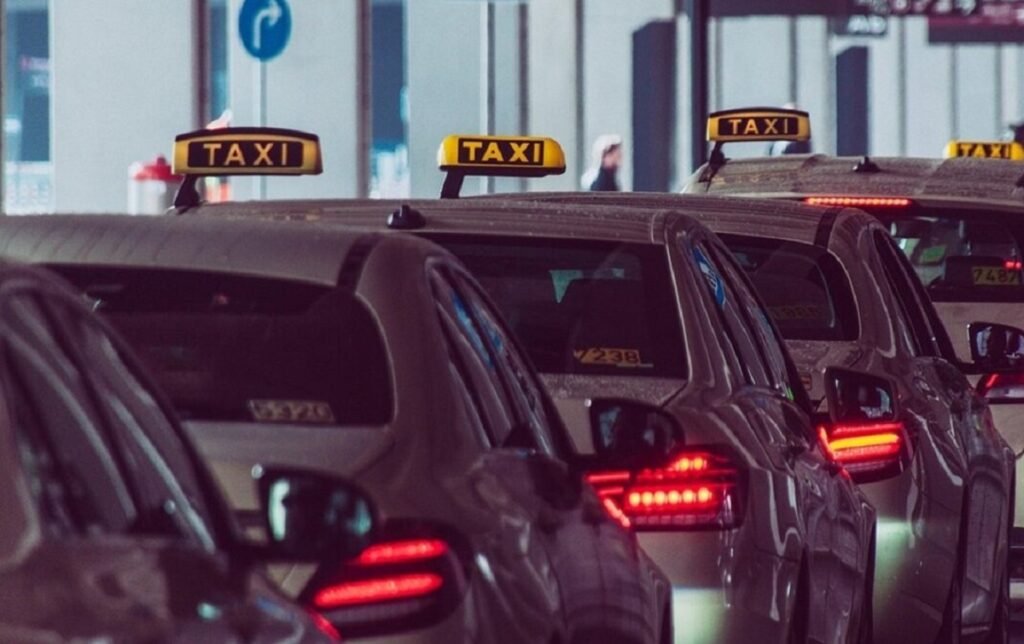
The indefinite strike called by the All Khasi Meghalaya Tourist Taxi Association, which had threatened to paralyse travel and tourism across the state, has been put on hold after the state government agreed to emergency-level discussions. On Thursday evening, the association announced suspension of its protest following the intervention of the East Khasi Hills Deputy Commissioner, who convened a meeting for Tuesday, September 23. Senior officials from the home, transport, and tourism departments are expected to join the talks, raising hopes for a breakthrough.
The association’s principal demand centres on regulating outside vehicles operating at Meghalaya’s popular tourist destinations. According to local drivers, unchecked entry of taxis from neighbouring states—particularly Assam—has severely undercut their earnings. “Our campaign is not against Assam vehicles or people. We only want the government to frame policies that protect local livelihoods,” association spokesperson Balajied Jyrwa clarified. The agitation took a tense turn on Thursday when Assam authorities began blocking Meghalaya vehicles at interstate borders, reportedly in retaliation. Matters escalated further when former Meghalaya minister Rakkam A Sangma’s convoy was stopped by protesters at Jorabat, forcing him to seek police intervention before continuing his journey.
Jyrwa, however, insisted that the movement was peaceful and limited to distributing pamphlets to highlight their grievances. He denied rumours of any official ban on Assam vehicles, attributing the border disruptions to “misinformation and misinterpretation” of their demands. The strike had already raised alarms in Meghalaya’s booming tourism industry. With the peak tourist season approaching, industry stakeholders warned that prolonged unrest could discourage visitors and harm the state’s economy. Tourism watchers note that destinations such as Shillong, Cherrapunji, and Dawki depend heavily on smooth transport services.
